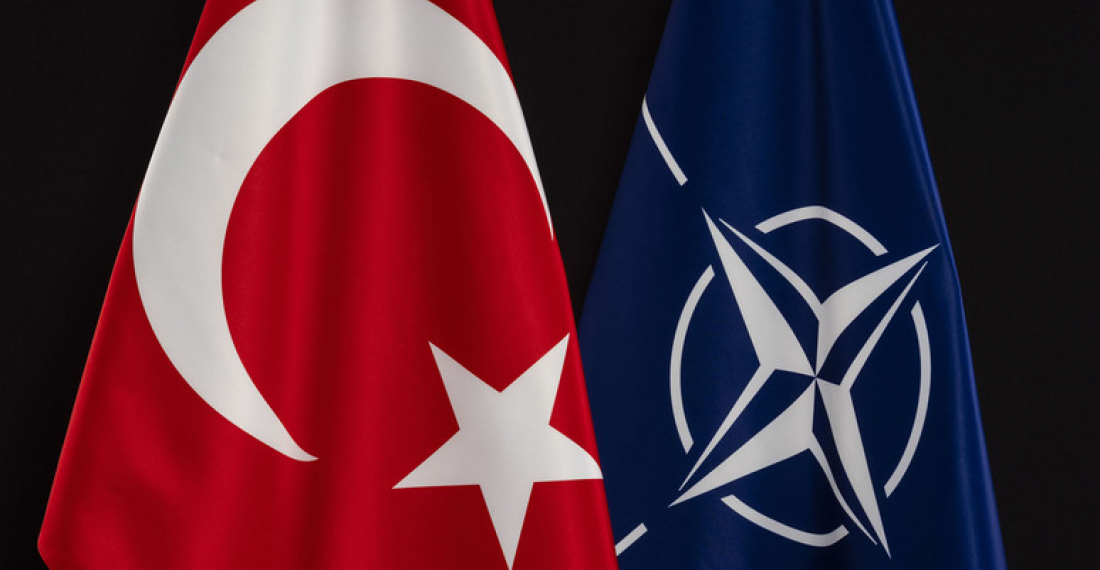The Turkish army has assumed the lead of NATO’s Very High Readiness Joint Task Force (VJTF) on Friday (1 January 2021), placing thousands of soldiers on standby, ready to deploy within days.
Turkey takes over from Poland, which provided the core of the force in 2020. Built around Turkey’s 66th Mechanised Infantry Brigade of around 4,200 troops, a total of around 6,400 soldiers will serve on the VJTF. Units from Albania, Hungary, Italy, Latvia, Montenegro, Poland, Romania, Slovakia, Spain, the UK, and the United States will also serve on the force, which is part of the Alliance’s larger NATO Response Force. Turkey has made substantial investments into the unit – amongst the most mobile in NATO - particularly in its logistics and ammunition requirements planning. The latest models of Turkish armed vehicles, anti-tank missiles and howitzers have been allocated to the force.
NATO heads of state and government decided to create the VJTF at the Wales Summit in 2014 in response to a changed security environment, including Russia’s destabilisation of Ukraine and turmoil in the Middle East. NATO members take turns heading the VJTF. Poland led the VJTF in 2020, Germany in 2019, and Italy had rotational control of the force in 2018.
In an interview with the French magazine Le Point published on Thursday (31 December) NATO Secretary General, Jens Stoltenberg emphasised the importance of Turkey for the ATO alliance, but criticised Ankara for the purchase of the S-400 missile system from Russia.
Source: commonspace.eu with the press service of NATO (Brussels) and Le Point (Paris)






